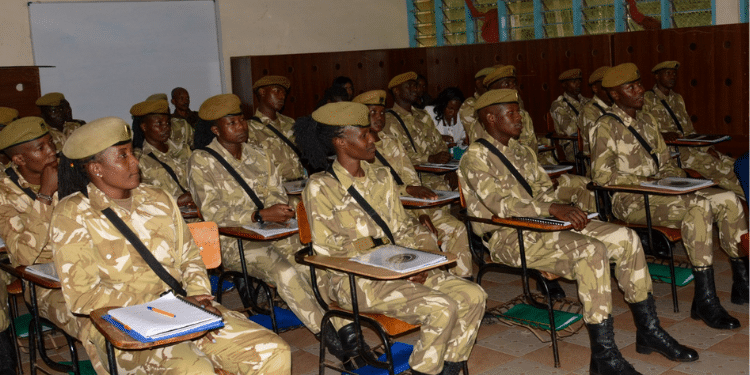The Kenya Worldlife Service (KWS), in Partnership with the Kenya Police and Africa Worldlife Foundation, has kicked off its first Canine Handling Course of 2025 at the Kenya Police Dog Unit Training Academy in Langata.
In a statement on Friday May 23, KWS state that seven women are among the 21 rangers who will undergo intensive training to form powerful human-canine teams skilled in the detection and tracking of wildlife contraband.
According to the KWS, the initiative builds on a decade of canine enforcement success and transforming from a humble start in 2015 to a sophisticated network of detection units at major entry points like JKIA and Kilindini Port.
This affirming that those trained dogs are not just intercepting illegal wildlife products but also safeguarding Kenyas ecosystems by protecting species critical to environmental balance.
“This initiative builds on a decade of canine enforcement success, transforming from a humble start in 2015 to a sophisticated network of detection units at major entry points like JKIA and Kilindini Port.
These specially trained dogs are not just intercepting illegal wildlife products; they are safeguarding Kenya’s ecosystems by protecting species critical to environmental balance,” part of the statement read.
KWS added that the K9 units will be a game changer in the anti-trafficking efforts especially at this time when the conservation threats grow more complex.
Dog Unit helping KWS in conservation
The integration of dog units has significantly enhanced anti-poaching efforts in Kenya. For instance, Ol Pejeta Conservancy reported no poaching incidents over four years, attributing this success to the effectiveness of their K9 unit.
Elite K9’s involvement complements the initiatives of organizations like the KWS and the African Wildlife Foundation (AWF), which have established and supported canine units across the country to deter wildlife trafficking.
Also Read: M-Pesa, Airtel Money, and T-Kash 2025 Withdrawal & Transaction Charges
Through these combined efforts, Elite K9 contributes to the broader mission of preserving Kenya’s rich biodiversity and protecting endangered species from the threats of poaching and illegal trade.
State Of Conservation in Kenya
The state of conservation in Kenya’s parks is steadily improving, with increased wildlife populations, especially rhinos and elephants, due to effective anti-poaching strategies and community-led conservancies.
National parks like Amboseli, Maasai Mara, and Tsavo have benefited from technological innovations, such as drones and thermal imaging, which enhance wildlife monitoring and protection.
However, conservation efforts still face challenges, including habitat loss, human-wildlife conflict, and the impacts of climate change.
Overall, Kenya’s parks are becoming strongholds of biodiversity, supported by government policies, local communities, and international partners.
State of Poaching and Trafficking in Kenya
As of May 2025, Kenya continues to face significant challenges in combating poaching and wildlife trafficking, despite notable strides in conservation efforts.
Also Read: How to Increase Your M-Shwari Loan Limit from Zero
While poaching of iconic species like elephants and rhinos has declined over the past decade, illegal activities persist, particularly in regions like the Masai Mara and northern Kenya.
In December 2024 alone, anti-poaching teams recovered over 100 kg of elephant ivory and dismantled numerous snares and illegal camps.
Bushmeat poaching remains prevalent, with thousands of animals killed annually, undermining conservation efforts.
Consequently, KWS urged members of the Public to be vigilant and report any suspicious activity via their 24-hour hotline number 0800597000
Follow our WhatsApp Channel and X Account for real-time news updates.


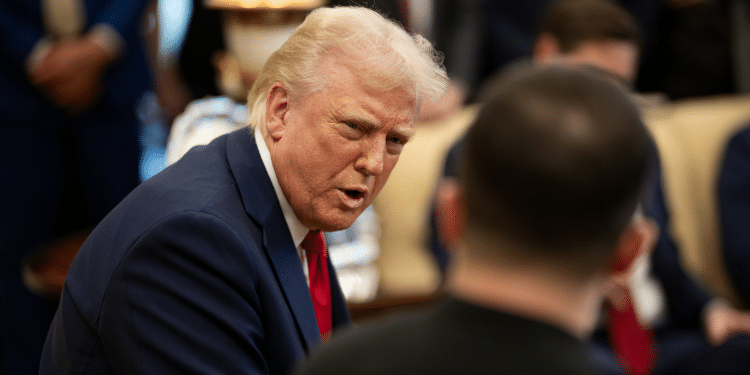


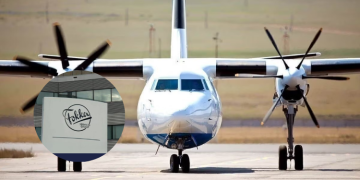
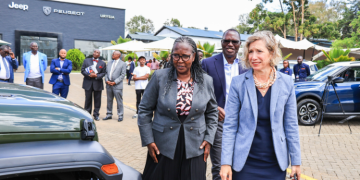

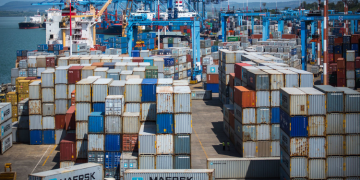
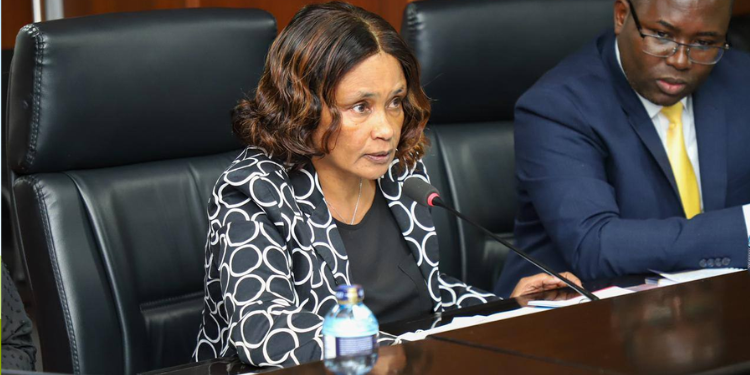









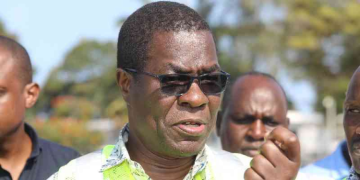

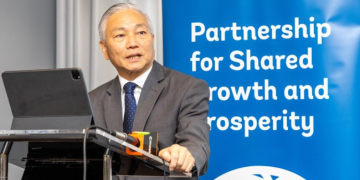

![Billions Each Top Kenyan Bank Has Made So Far In Profits This Year [List] Q3 2025 Results For Equity, Kcb, Co-Op, Absa And Other Banks]( https://thekenyatimescdn-ese7d3e7ghdnbfa9.z01.azurefd.net/prodimages/uploads/2025/11/C0-OP-KCB-Equity-Absa-360x180.png)















































